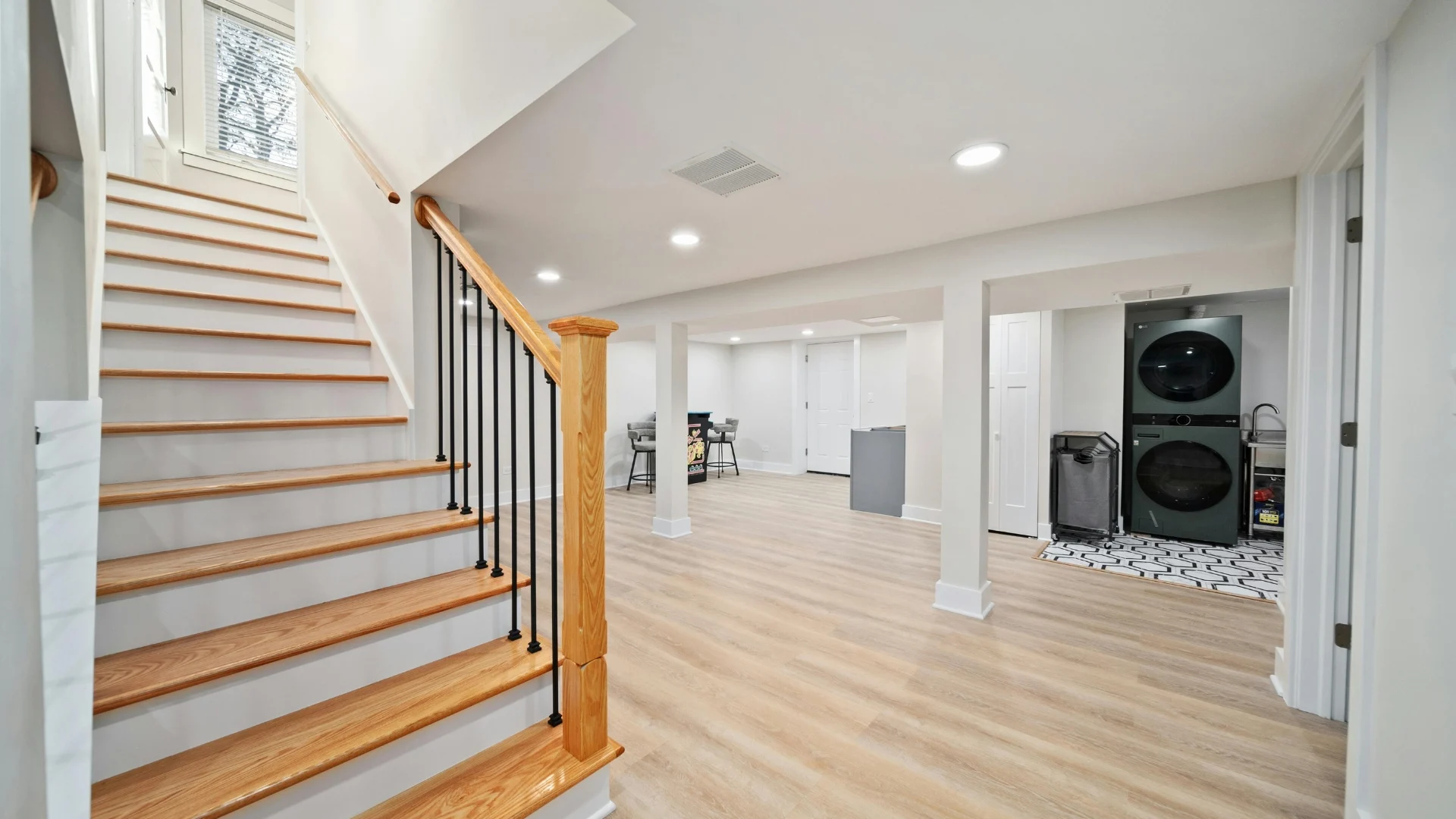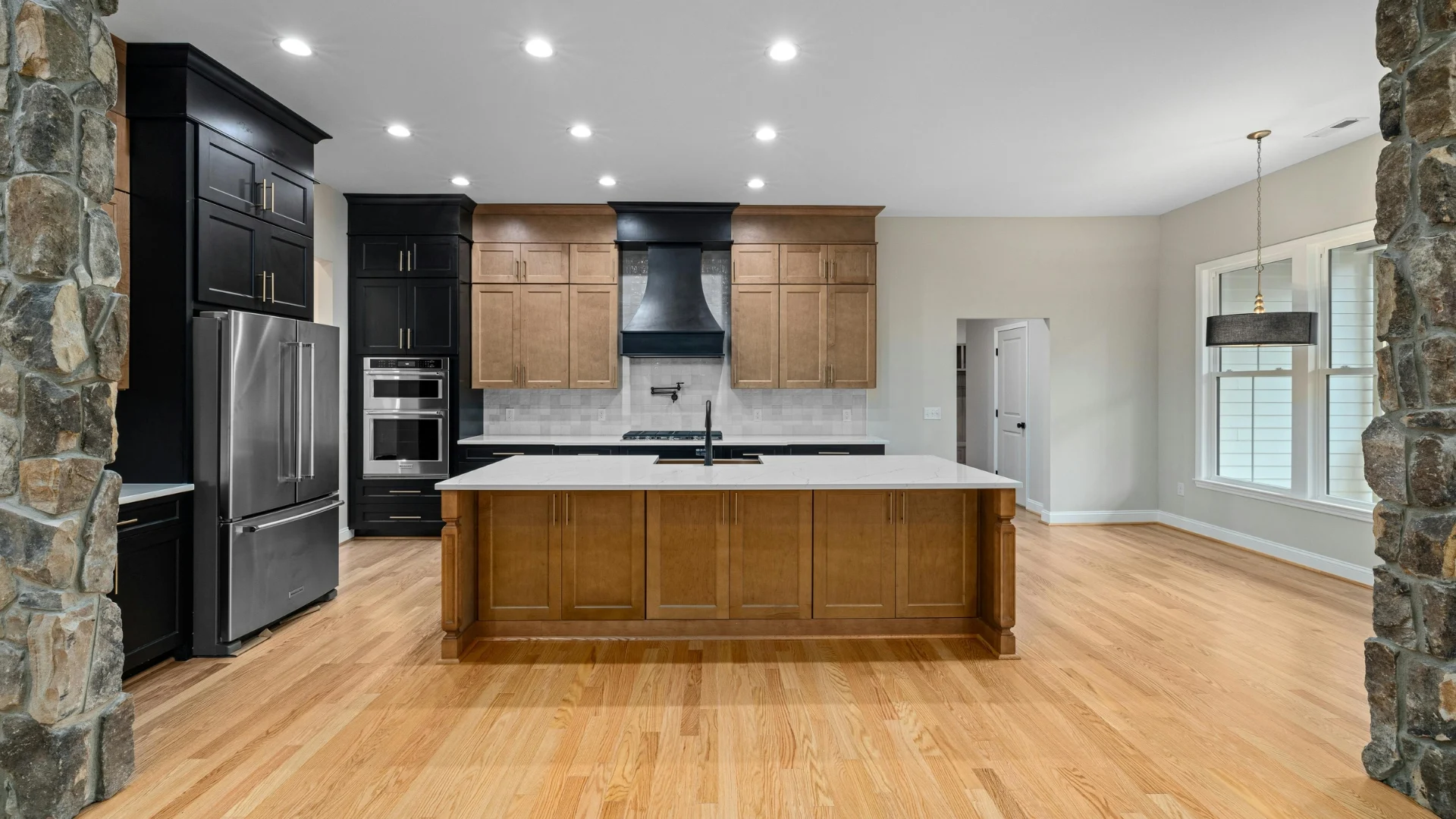You’ve probably looked around your home lately and thought it could use a refresh. Maybe the kitchen feels outdated, or the bathroom just does not work for your needs anymore. If that sounds familiar, you are in good company. In 2025, more homeowners are turning to home renovation projects to improve their spaces rather than dealing with the stress of moving.
But before you jump in, there are a few things to keep in mind. A renovation can be exciting, but without the right planning, it can quickly become overwhelming. Here is what you should know to make the most of your investment.
Why Are So Many People Choosing Renovation Over Moving?
With rising housing costs and market uncertainty, more people are realizing the value of updating the homes they already own. A well-planned home renovation allows you to customize your space, increase comfort, and often boost property value. Instead of starting over in a new house, many homeowners are simply improving what they already have.
It is not just about looks either. Renovating can improve energy efficiency, make daily routines smoother, and even support your long-term lifestyle goals. Think of it as improving your quality of life where you already feel at home.
What Should You Renovate First?
It all comes down to priorities. If you are looking for the biggest impact, consider focusing on areas you use every day.
Kitchens are always a top choice. A more open layout, better storage, or new appliances can change the way you cook and gather with family.
Bathrooms are another smart investment. Features like walk-in showers, updated lighting, and modern fixtures not only look good but also make your mornings easier.
Outdoor spaces are also gaining popularity in 2025. Covered patios, garden lounges, or even small outdoor offices can add serious value and usability to your home.
And do not forget about energy efficiency. Upgrading windows, insulation, or heating and cooling systems can lower your bills while making your space more comfortable year round.
How Much Should You Budget for a Home Renovation?
The truth is there is no one-size-fits-all answer. A simple cosmetic update might cost a few thousand dollars, while a full remodel could run into the six figures. What matters most is being realistic about what you can afford and what matters most to your daily life.
It is also smart to set aside extra funds just in case. Renovation projects often uncover surprises, like outdated wiring or hidden water damage. Giving yourself a financial cushion helps avoid unnecessary stress during the process.
If needed, consider tackling your renovation in stages. Starting with one room at a time can help you manage both your time and budget without sacrificing quality.
Is DIY a Good Idea or Should You Hire Professionals?
It depends on the scope of your project and your level of experience. Painting or simple cosmetic updates can be great DIY tasks. But anything involving plumbing, electrical work, or structural changes should be handled by licensed professionals.
Hiring experts might cost more up front, but it ensures that the work is safe, up to code, and built to last. In the long run, this can save you money and protect your home’s value.
Final Thoughts on Home Renovation
A successful home renovation goes beyond surface-level upgrades. It is about making your space work better for your everyday life. Whether that means more storage, a better layout, or energy-efficient features, thoughtful updates can make a big difference.
If you are ready to improve your home instead of moving to a new one, a well-planned renovation might be the perfect next step. Take your time, do your research, and work with people you trust to bring your vision to life.



